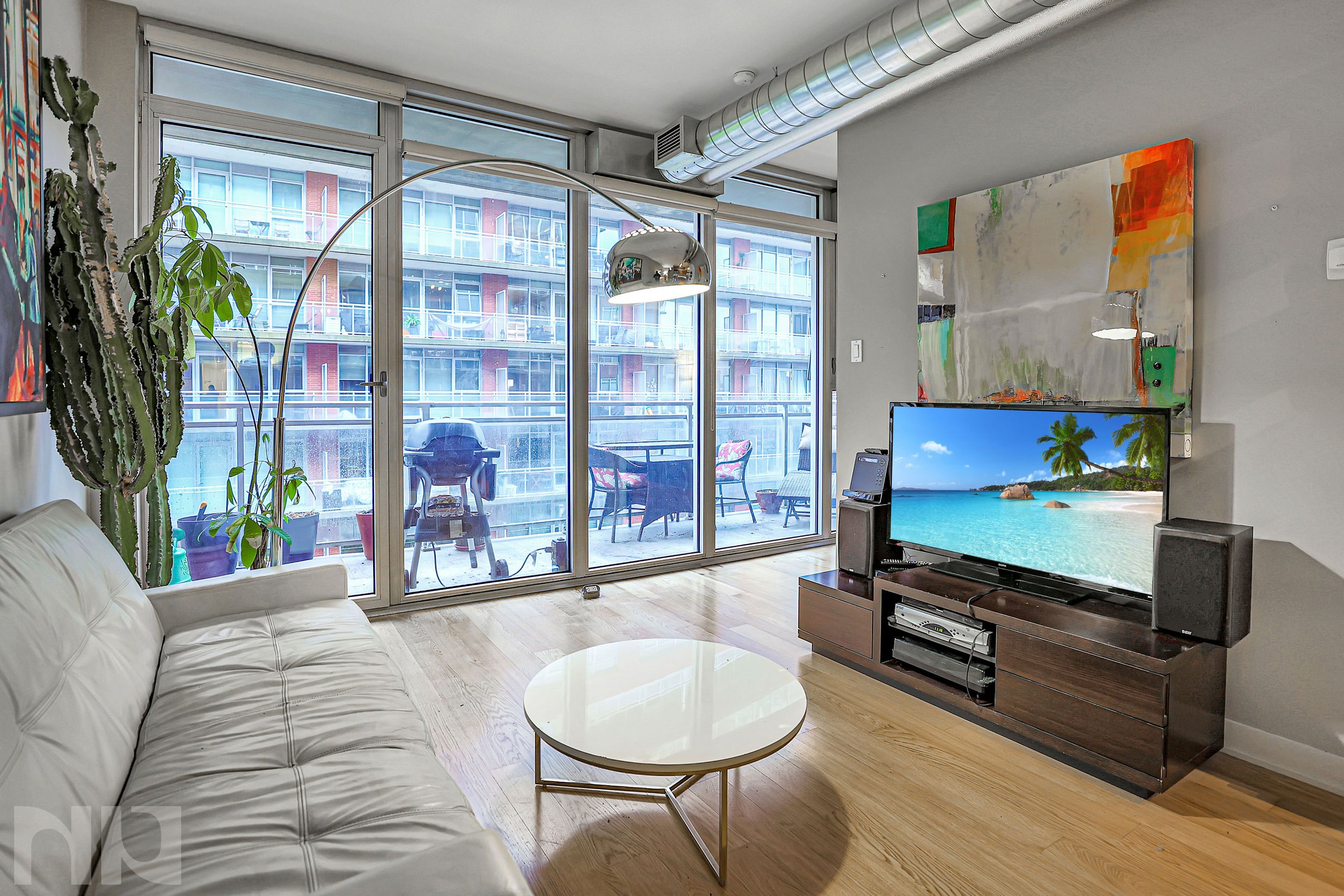What are condo fees, and are they a waste of money?
Condo fees are kind of like making payments into your condominium’s bank account… which sounds weird, so let us explain.
Condo fees are ‘reserve funds’. They are paid into your condo’s bank account and stored for regular maintenance and emergency repairs to your building. Everyone in the building pays in to them.
Condo fees are not a fixed amount. They will change year to year, and typically get more expensive as a building ages and needs more repairs.
Condo fees are also at the mercy of the planning of your building’s association. A good condo association will be able to properly interpret costs that are coming, whereas others may not charge enough in the beginning, meaning repairs or damages to the building may cause a large and quick spike in prices.
Condo fees are the law in Ontario and Quebec. You can also be sued for not paying your condo fees regularly. They are calculated based on the value of your unit, so people with larger units (more windows, floor space, better view, etc add to their cost) will pay more.
It’s important to be skeptical of condo fees. A building with lower condo fees may be used to attract buyers, but at some time in the future, they will have to be increased to fix inevitable damage from the time that the building endures.
So are condo fees worthwhile? How do you know when they are a waste of money?
In theory, higher condo fees mean that the building is aware of damages and intends to fix them, or is at least anticipating them. This is a good sign in some ways because you are a part-owner of the whole building, not just your unit! If the roof collapses, the elevator stops working, the exterior is damaged and dirty, your investment also loses value. So although your unit, inside, may be nice, if the building in its entirety is not, you may end up losing money. Even if you currently live there, you may choose to sell it one day, and you want to make money on that investment, not lose it!
On the other hand, super high condo fees could also indicate that the building is incredibly old. It may push you over your budget if they continue to rise in the future, and depending on what kinds of damages are being fixed or anticipated, it may not be worth the investment. A good real estate agent can assist you in finding that sweet spot.
Condos should be taking a portion of condo fees to be used for a ‘reserve fund’ for emergencies. This is the law since 2001 and is reviewed every 3 years to see what future maintenance will be needed on the building. But this doesn’t always account for large renovations that come up out of necessity or emergency repairs. Because of this, you may have to contribute a large amount of money to the building all in one go.
What are some of the things you can look at before investing in a condo?
Is the reserve fund full, or close to empty?
What renovations are coming up in the near future?
Can the condo association provide information about past and future renovations and repairs?
How transparent are they about the use of condo fees and the plans for them in the future?
How much have condo fees raised in the past few years?
How are the condo fees compared to other condos in the area of a similar age?
Has the current owner of your unit paid all their remaining condo fees?































